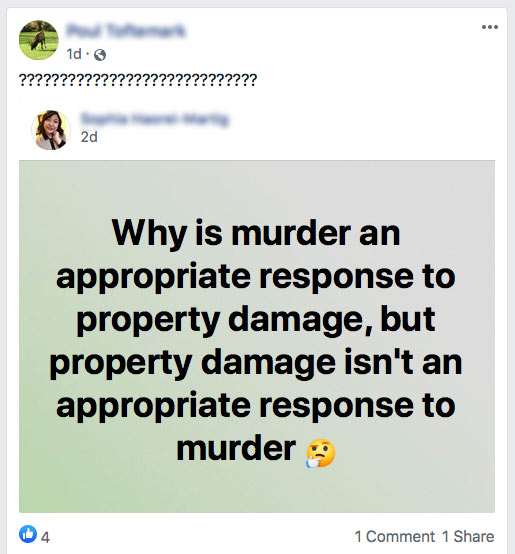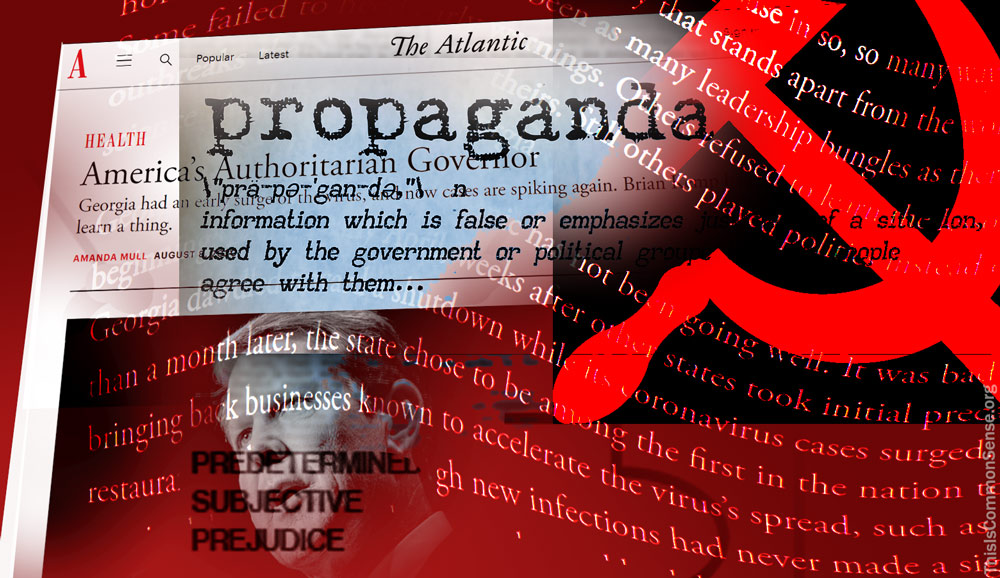The name was dropped again the other day, Karen.
Not a proper name, though — it is a put-down, idiomatic and not inoffensive.
Over at PJMedia, Bryan Preston used the term “Karen” good-naturedly (and with an *) in reporting on the “trained Marxists” at Black Lives Matter taking over a Trader Joe’s grocery store in Seattle to protest the, ahem, “lack of access to grocery stores” . . . because “capitalism exploits the working class.”
Somehow I got stuck on Karen.
“Karen is a pejorative term used in the United States and other English-speaking countries for a woman perceived as entitled or demanding beyond the scope of what is appropriate or necessary,” Wikipedia informs. “A common stereotype is that of a white woman who uses her privilege to demand her own way at the expense of others. Depictions also include demanding to ‘speak to the manager,’ anti-vaccination beliefs, being racist, or sporting a particular bob cut hairstyle.”**
Is it just me, or does “being racist” seem a lot worse than sporting an uncool haircut? When racism’s at issue, why not use the label “racist,” instead?
And isn’t there already another five-letter word for a female exhibiting the less extreme negative features?
“Karens are most definitely white,” Helen Lewis assures in The Atlantic. “Let that ease your conscience if you were beginning to wonder whether the meme was, perhaps, a little bit sexist in identifying various universal negative behaviors and attributing them exclusively to women.”
Apparently it is not okay to mock women . . . but thank goodness we can still mock women who have white skin!
And a specific hairdo!
Land of the Free, Home of the Trash-Talkers.
This is Common Sense. I’m Paul Jacob.
* Preston’s footnote read: “with all due respect to the Karens I’ve known, all of whom are nothing like the stereotype of Karens as busybodies who leap to complain and always end up running authoritarian regimes such as HOAs.”
** The Urban Dictionary also does not fail to mention that “crown bowl haircut.”
—
See all recent commentary
(simplified and organized)






